One of the fastest-growing areas of research today is the study of probiotics and their many potential health benefits.
Probiotics are live bacteria that are good for your gut health, or as it's sometimes referred to as, the “garden of your stomach.” There are many benefits of taking probiotics, but it is essential to know who should take them before you start taking them.
In this article, we will dive into probiotics and consider who can benefit from these incredible supplements.
How can probiotics help your body?
There are many different ways in which probiotics can help your body. Probiotics can help to improve digestive health, skin health, and your health overall. By restoring balance to the gut microbiota, probiotics can help:
- Boost the immune system
- Decrease inflammation
- Improve overall health
By adding probiotics to your daily routine, you can help to improve your overall health and wellbeing.
Who Should Take Probiotics?
Probiotics offer a variety of health benefits as they work with your body’s natural ecosystem.
There are many different types of probiotics, and they can be found in various food sources, such as yoghurt, sauerkraut, kimchi, and miso soup. Probiotics are also available in supplement form.
Who should take probiotics?
Generally, anyone can benefit from taking probiotics. However, certain groups of people may benefit more from taking probiotics than others. These groups include:
- Anyone looking to lose weight, get in better shape or maintain a wellness routine
- People with digestive disorders, such as irritable bowel syndrome (IBS), Crohn’s disease, and ulcerative colitis.
- Those with skin conditions, such as eczema and acne
- Anyone who is taking antibiotics
- People who have a weakened immune system
- Pregnant people and young children
Most people can benefit from taking probiotics, as they help to balance the “good” and “bad” bacteria in your gut.
What are some of the signs you might benefit from a probiotic?
There are a few specific signs that taking a probiotic could help you, especially if you experience any of the following issues:
- Digestive problems such as diarrhoea, constipation, bloating, or excessive, painful bloating and gas
- Skin issues, such as eczema, acne, or psoriasis
- Digestive side effects of antibiotics
- A weakened immune system
- Depressed or anxious mood or feeling the need to boost your overall health
If you are experiencing any of these issues, probiotics may be beneficial.
First however, it’s always a good idea to talk to your doctor about whether or not taking a probiotic would be right for you.
Why should women take probiotics?
Probiotics can offer a variety of unique benefits for women. They can help with digestive issues, skin problems, and even vaginal health. New evidence points to probiotics having the potential to improve fertility. So if you’re trying to get pregnant, you may want to include probiotics in your prenatal nutrition routine. For pregnant or breastfeeding women, probiotics can also help to ensure a healthy pregnancy and provide your baby with essential nutrients. There’s some evidence that probiotics can help minimise the rates of urinary tract infections in women and reduce the symptoms of UTIs when they do occur.
Are there benefits for men to take probiotics?
Just like women, men can also benefit from taking probiotics. Men often struggle with the same digestive issues as women, such as bloating, gas, constipation, and diarrhoea. Probiotics can help with all of these digestive issues.
The healthier your overall body, the healthier your sexual function will be. Probiotics can improve sexual function by boosting your immune system and helping to keep your gut healthy. Probiotics can also boost prostate health - an essential factor in sexual function.
Can probiotics help you if you have digestive issues?
Digestive issues are a common reason why people take probiotics. Probiotics work by restoring balance to the gut microbiota, which can help improve digestive health.
Probiotics can help with various digestive issues, whether they are occasional or chronic.
Probiotics can help reduce the symptoms of bloating and gas by restoring balance to the gut microbiota. The more good bacteria in your gut can help your body process nutrients more effectively, thereby eliminating some of these negative side effects. Probiotics can also help relieve constipation by helping to move food through the digestive tract. They may also reduce the severity and duration of diarrhoea by restoring balance in the gut microbiome. This can be especially helpful for those who suffer from Irritable Bowel Syndrome (IBS). There are some studies that show probiotics helping improve the symptoms of IBS.
What skin conditions can probiotics help with?
Probiotics can also benefit those who suffer from skin problems, such as acne and eczema. The gut-skin connection is well-established, which is why probiotics can be effective for treating skin conditions.
Probiotics may help improve the appearance of the skin by reducing inflammation in the body, which can lead to a reduction in acne and eczema. Probiotics may also help improve the skin’s barrier function, which can lead to the reduced appearance of acne and eczema. By helping to increase the antioxidant levels of the skin, probiotics may help to improve the appearance of the skin and minimise the signs of premature ageing.
If you are looking for a natural way to improve the appearance of your skin, then probiotics may be an excellent option to consider.
Is there anyone who shouldn’t take probiotics?
While probiotics are beneficial to many, there are some people who should proceed with caution. If you are pregnant or breastfeeding, it’s a good idea to speak to your doctor before taking probiotics.
Those with a compromised immune system or a history of allergies should also speak to their doctor before taking probiotics. Some probiotics are made with such allergens as dairy or soy, so it’s important to look at every supplement’s ingredients list before using.
It is also important to be aware that probiotics may interact with certain medications, so it is always best to speak to your doctor before taking them.
What should you look for in a probiotic?
When choosing a probiotic, it is vital to look for one that contains live and active cultures. It is also essential to choose a probiotic specific to your needs.For example, if you are looking to improve digestive health, you may want to choose a probiotic containing Lactobacillus.
If you are looking to improve skin health, then you may want to choose a probiotic that contains Lactobacillus rhamnosus or Bifidobacterium longum.
When choosing a probiotic, it is also essential to make sure that a reputable company manufactures it. Probiotics are live bacteria, so always make sure that they are of high quality and free from contaminants.
Probiotics Can Help You on Your Wellness Journey
Probiotics can provide a variety of health benefits, but it is important to know who should take them before starting a probiotic supplement.
Probiotics are generally safe for most people, but there are some people who should not take them. If you are unsure if probiotics are right for you, then it is always best to speak to your doctor.
If you are ready to start taking probiotics, then you should choose a high-quality supplement from a reputable company. HERC’s carries an array of high-quality probiotics manufactured to ensure quality and potency. Shop our selection of probiotics today and start feeling your best. Below are some of our favourites:

Believe Supplements Probio5 60 caps
$39.99
Genuine Health Advanced Gut Health Probiotic 15 billion CFU 30 capsules
$22.99

Progressive Perfect Probiotic 60 billion CFU 60 capsules
$59.99





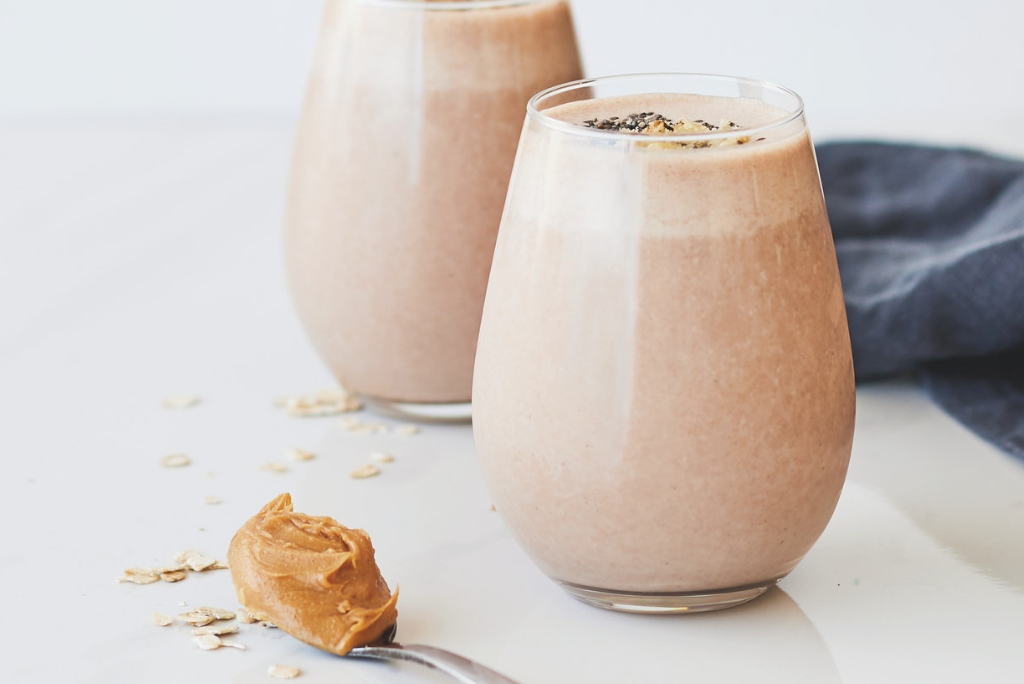
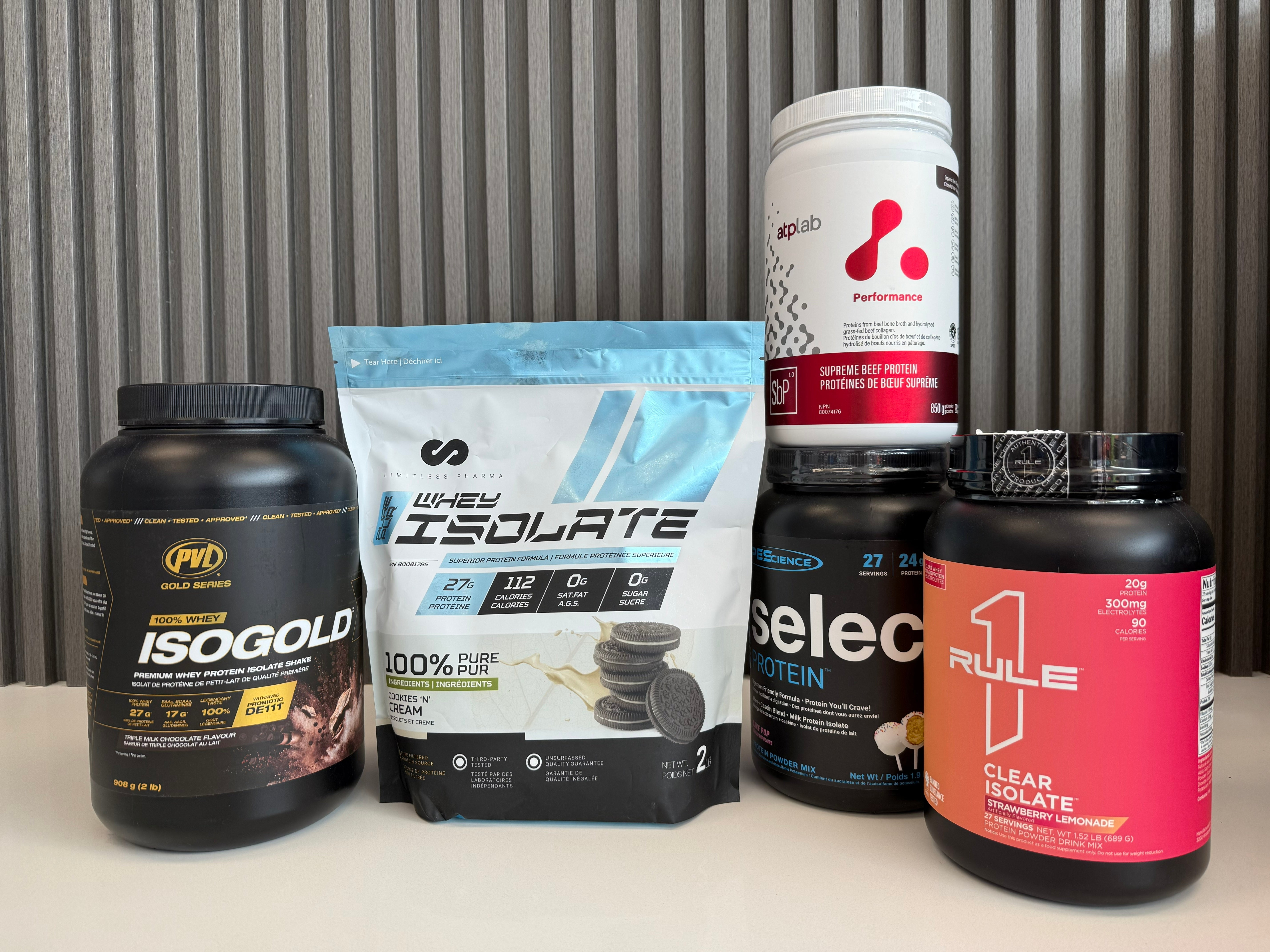
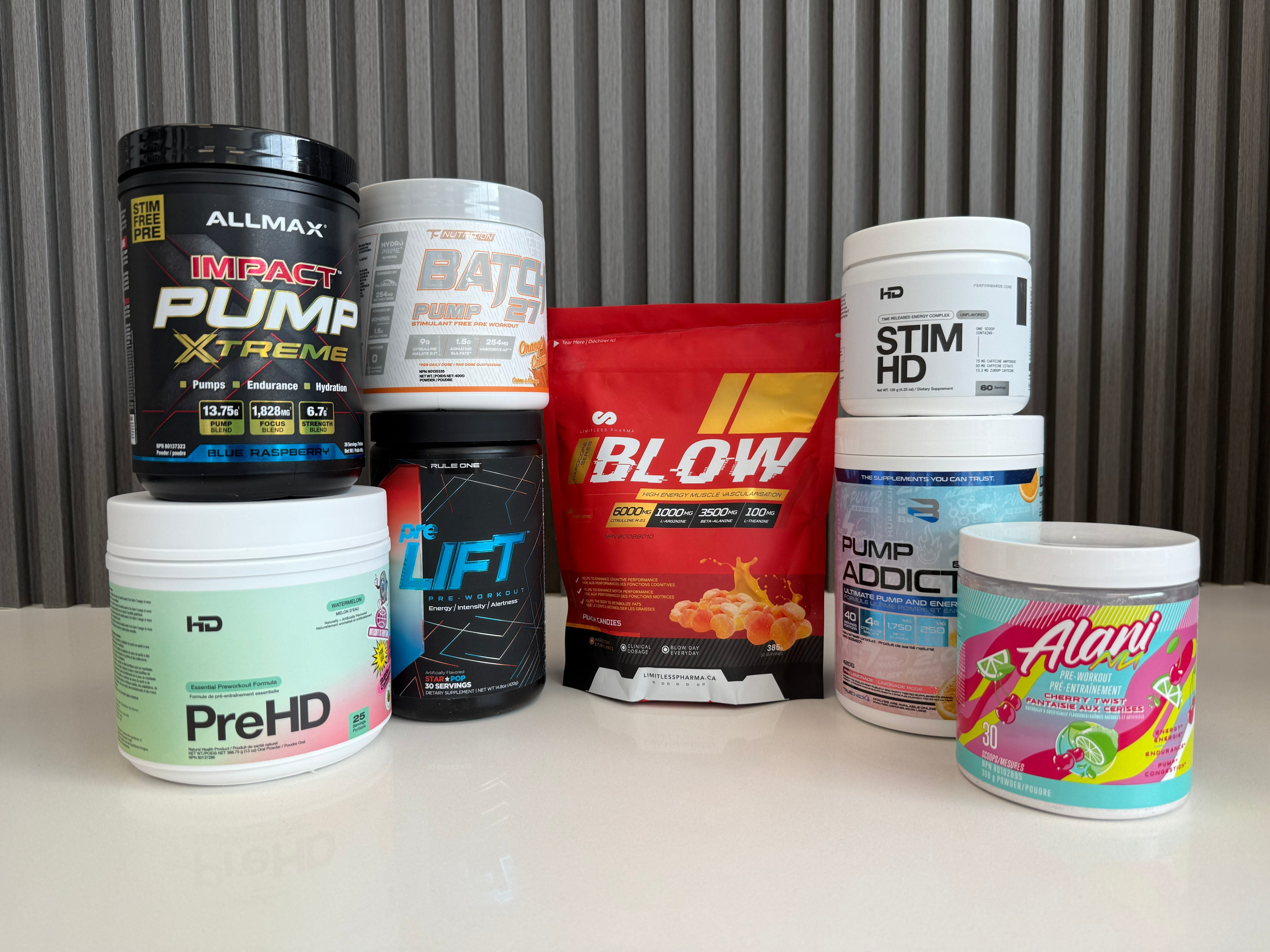
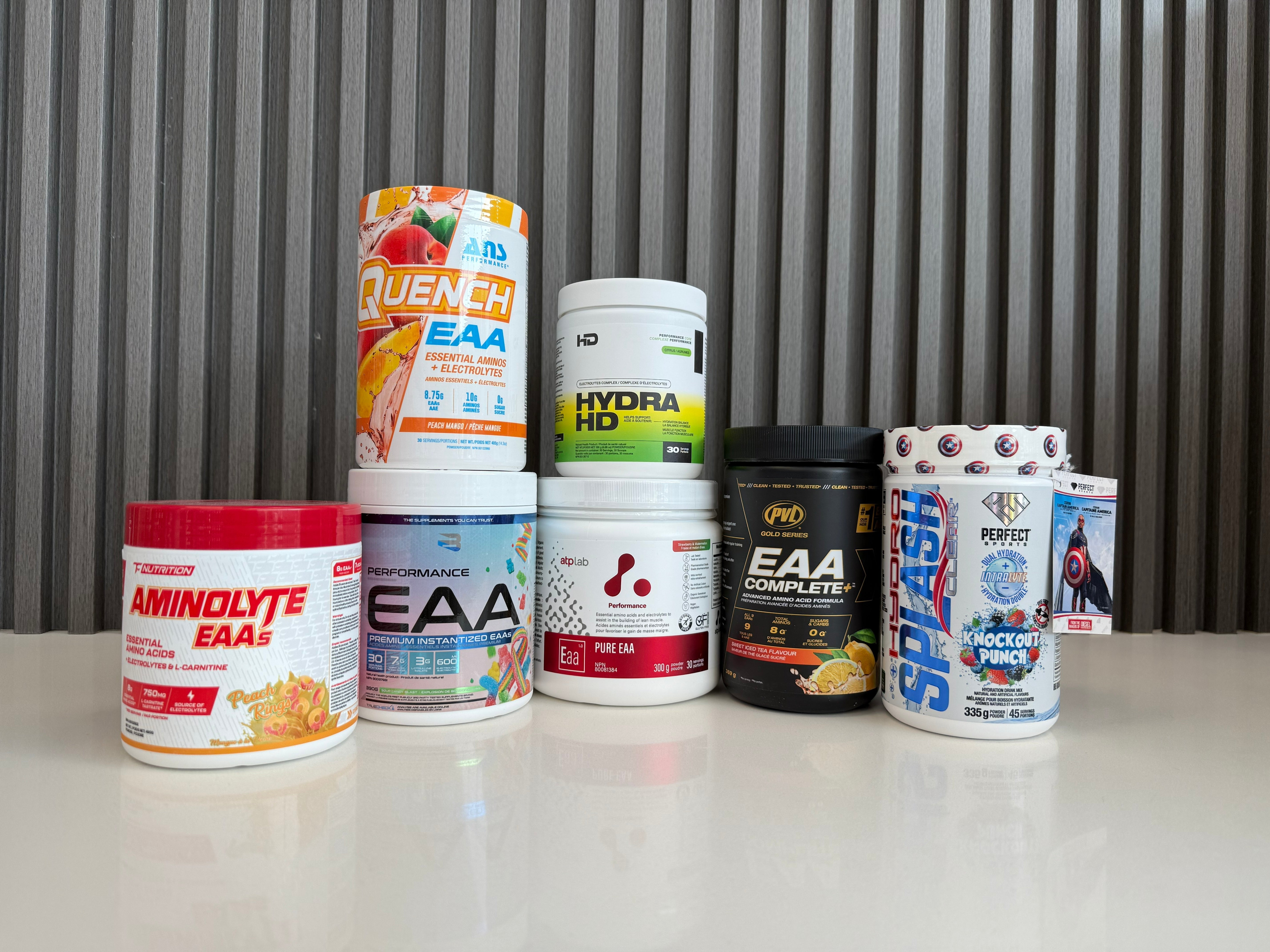
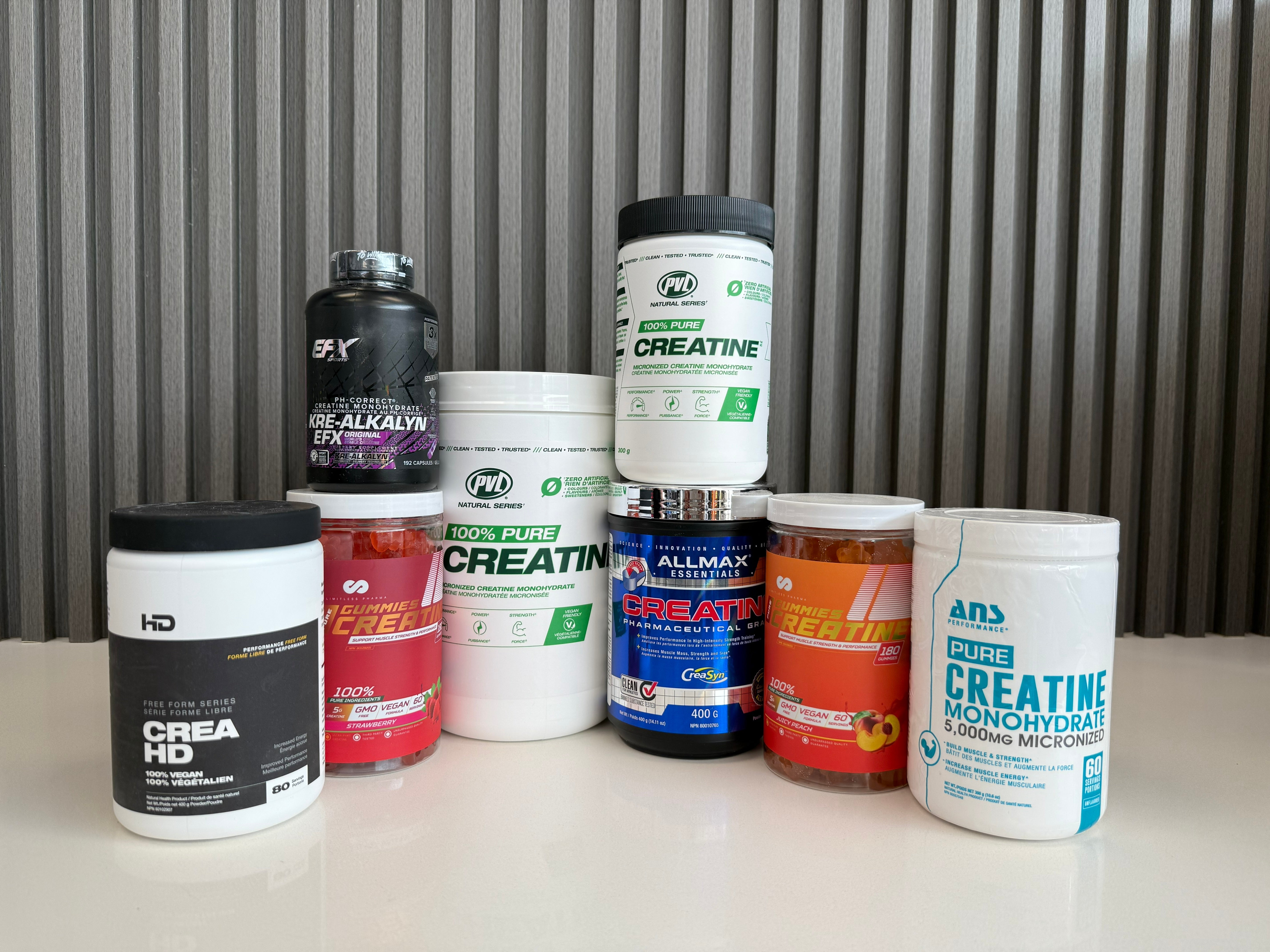
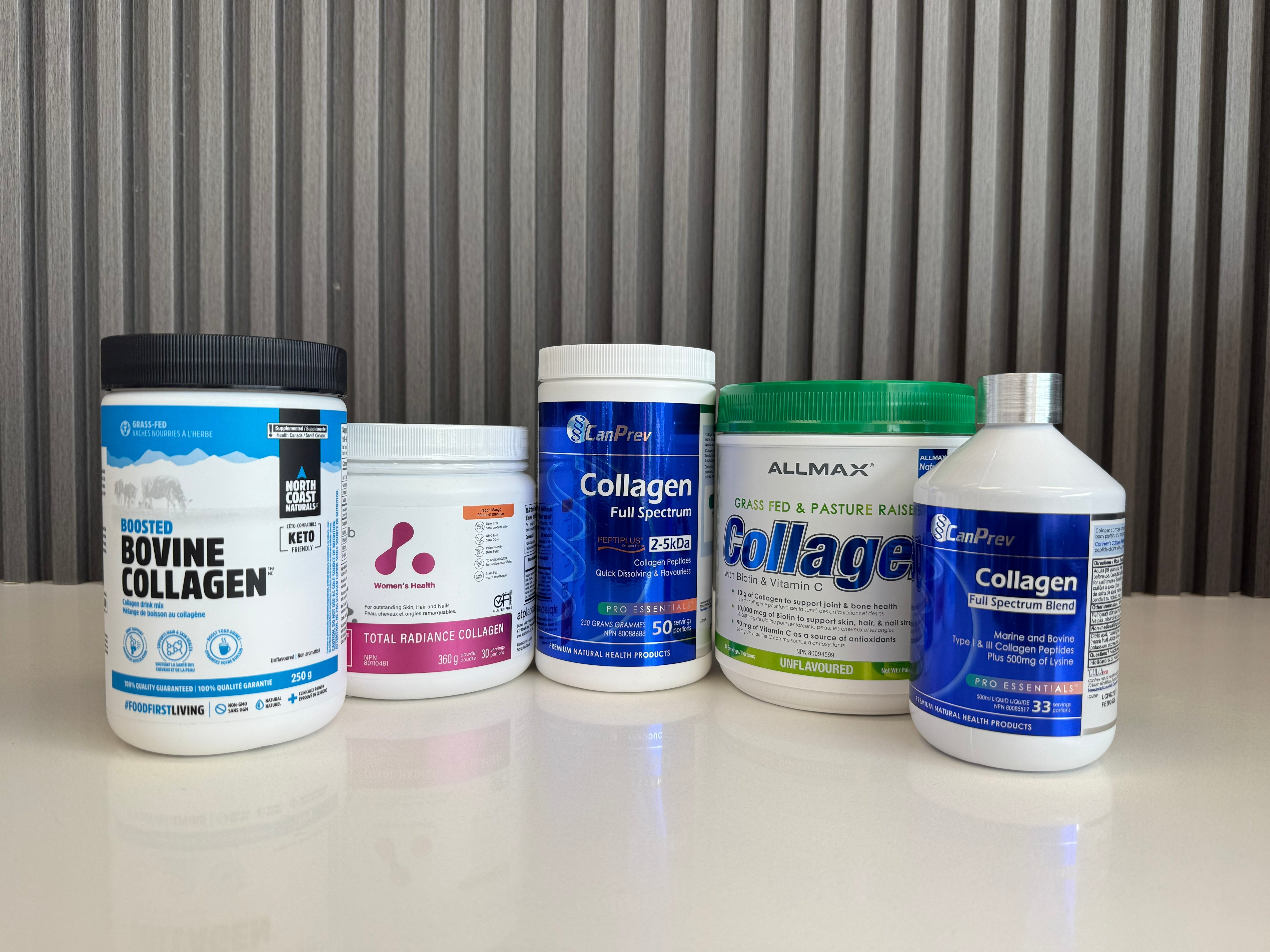
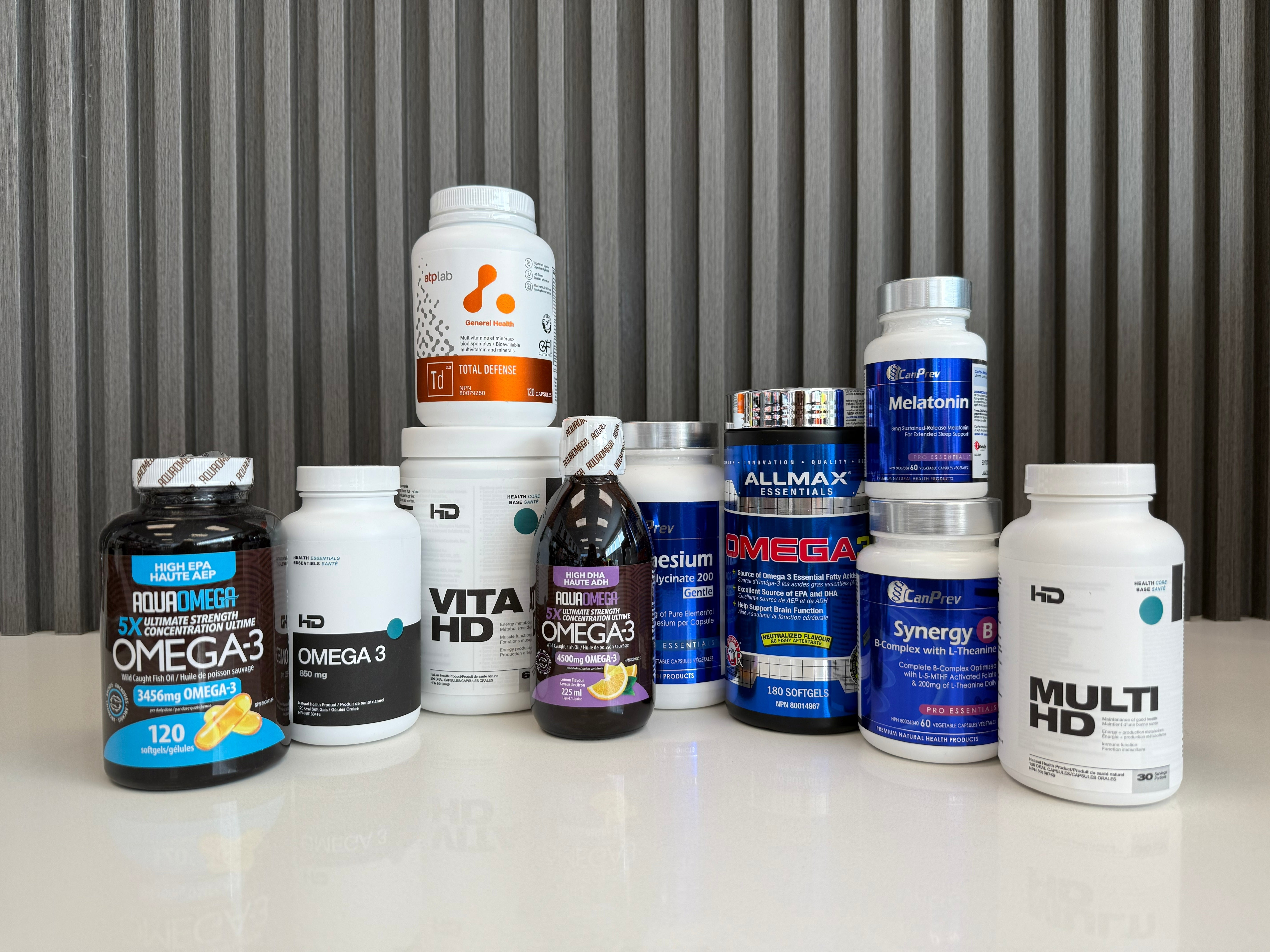
Leave a comment
All comments are moderated before being published.
This site is protected by hCaptcha and the hCaptcha Privacy Policy and Terms of Service apply.